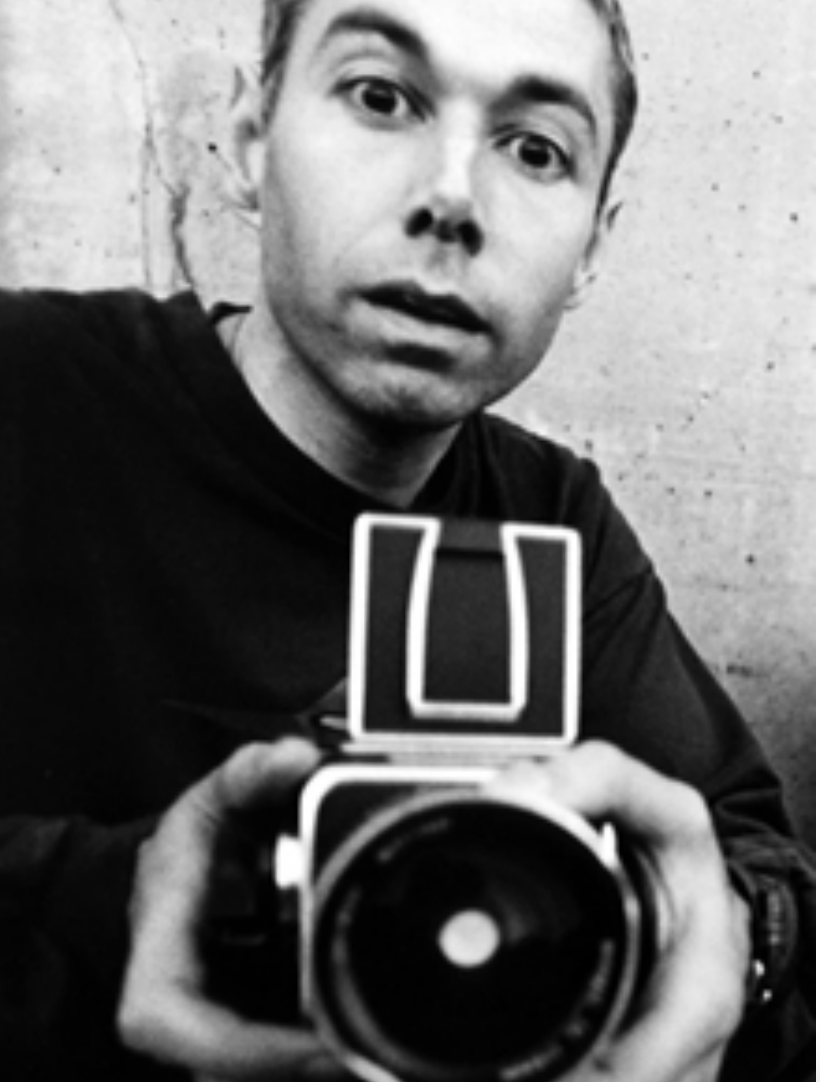In Memoriam: Adam Yauch

When word spread on Friday, May 4th that Adam Yauch had lost his battle with cancer it brought with it a sense of sadness unlike that associated with most celebrity deaths. Perhaps it was that the pioneering musician, rapper, songwriter, and filmmaker was in my age group. It may have been the absolute joy that “MCA” brought to my life both performing and recording with the Beastie Boys.
Quite possibly it was the privilege of watching the Beasties evolve with each project, maturing into sensitive and conscientious adults from bratty, obnoxious kids.
Maybe it was all these things, and more.
I do know that the Beasties were the one band that attended high school within the same rough time frame that I did that seemed most intent on constantly pushing the envelope. And, just as remarkably (and rarer, particularly in artistic circles) they took their work very seriously without taking themselves too seriously.
Success has a nasty habit of overwhelming sense of humor but the Beasties never succumbed to that pitfall. Their New York City upbringing and lifelong pride in being New Yorkers may be behind that. True New Yorkers don’t suffer self-important fools gladly.
When the news came of Yauch’s demise the web was a fast source of both information and accolades. On Rolling Stone magazine’s website one fan posted a comment comparing Yauch’s passing to how fans must have felt upon learning of John Lennon’s passing. Almost immediately I visualized the grey ponytails flailing as baby boomers pounded their keyboards in response to this heresy, but for me it immediately made sense.
Because for people of a certain age there was simply a period of growth with the Beasties, just as there was with the Beatles. Both groups ended their work together worlds away from where they began. Take a look at those images of the Hamburg Beatles juxtaposed with their physical appearances at the time of “Let It Be” ten years later.
Similarly, those obnoxious beer-can spraying, gold bling-wearing Beasties of the “Licensed To Ill” era are distant relatives to the young men who’d grow up to lobby tirelessly for Tibetan freedom.
The Fab Four inspired a fervor that had not been seen before or since and while “Beatlemania” is likely to never be repeated it’s worth noting that the Beastie Boys, as their first producer, Rick Rubin, noted, “Opened hip-hop music up to the suburbs.” Essentially introducing a new genre to the hinterlands is no small feat and the Beasties Boys accomplished it and then set about doing it again and again with each subsequent release.
As the Beasties boasted on “Shadrach,” “If I had a penny for my thoughts, I’d be a millionaire.” That song appears on “Paul’s Boutique,” a groundbreaking orgy of samples and swagger that immediately sent notice the band was not content to simply repeat the formula that had driven “Licensed To Ill” onto the cultural map.
It could also be noted that if they had a nickel for every time “Paul’s Boutique” was called the hip-hop equivalent of “Sgt, Pepper’s Lonely Heart’s Club Band” they wouldn’t have done too bad either. For the range of source material, both sonically and lyrically, that drives this masterpiece visit www.paulsboutique.info. It’s astounding.
Personally, Lennon and Yauch walked similar paths from pugnacious youth (often marked by misogynistic lyrics) to spiritual clarity, with the requisite blurry rock n’roll lifestyle segue between. For the Beasties to progress from a stage set legendarily marked by an enormous hydraulic penis and caged women dancing to this Yauch rhyme from “Sure Shot:”
“I want to say a little something that's long overdue,
The disrespect to women has got to be through,
To all the mothers and sisters and the wives and friends,
I want to offer my love and respect to the end.”
This is easily as big a transformation as the one Lennon made from the threats of “Run For Your Life” to the absolute devotion of “Woman.” Ultimately the joy and inner peace both men seemed to have found in work and family at the end of their lives would humanize and endear them in similar ways to fans that strived to achieve this balance in their own lives.
It is merely coincidence that Lennon would die in New York City, a place he loved with the same intensity that the native Yauch did but this devotion to the greatest city on earth would easily inspire the same connection among fans to both men.
The saddest difference between these two groundbreaking artists, both gone far too early, is that when the Beatles ended it was obviously what Lennon and his bandmates wanted. The strain of living multiple lives together during their ten-year career had left scars that were irreparable, and that manifested themselves in public sniping and infighting at the end.
The Beastie Boys, on the other hand, seemed still bound by the brotherly bond that had first inspired them. While all had ventured out individually, Yauch notably with his work for the Milarepa Fund (a non-profit group he co-founded that raises money for and promotes awareness of the Tibetan independence movement) and his independent film and distribution company, Oscilloscope Laboratories, one never sensed anything but enthusiasm for the next endeavor he’d undertake as a Beastie Boy. His continued love for his bandmates was made clear in his recent acceptance speech upon induction into the Rock N’ Roll Hall of Fame.
“I’d like to dedicate this award to my brothers, Adam (“Ad-Rock,” Horovitz) and Mike (“Mike D,” Diamond), who’ve walked the globe with me,” Horovitz read from a speech written by Yauch. The fact that he who was too ill to attend the April 14th event in Cleveland was a sad foreboding of what was to come all too soon and sadly put an end to the Beastie Boys forever.
This difference between these surprisingly similar men may be the most tragic.

Adam “MCA” Yauch
August 5, 1964 - May 4, 2012
Survived by his wife, Dechen Wangdu, his daughter, Tenzin Losel,
his parents, Frances and Noel,
and his bandmates, Mike D. and Ad Rock.

0 Comments Add a Comment?